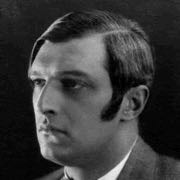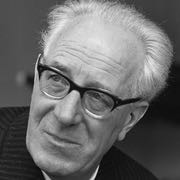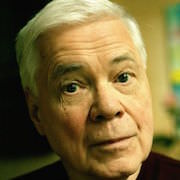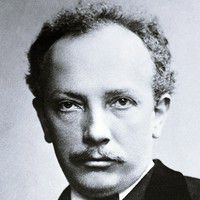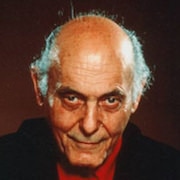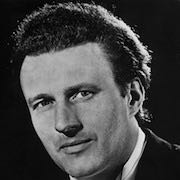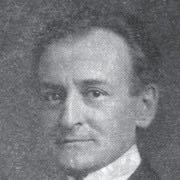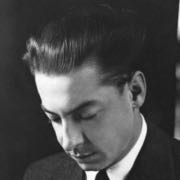Joseph Keilberth (19 April 1908 – 20 July 1968) was a German conductor who specialised in opera.
He started his career in the State Theatre of his native city, Karlsruhe. In 1940 he became director of the German Philharmonic Orchestra of Prague. Near the end of World War II, he was appointed principal conductor of the venerable Saxon State Opera Orchestra in Dresden. In 1949 he became chief conductor of the Bamberg Symphony, formed mainly of German musicians expelled from postwar Czechoslovakia under the Beneš decrees. He died in Munich in 1968 after collapsing while conducting Wagner's opera Tristan und Isolde in exactly the same place as Felix Mottl was similarly fatally stricken in 1911. His final recording, a Meistersinger, came a month before his death — at the Bavarian State Opera on 21 June.
Keilberth was a regular at Bayreuth in the early 1950s, with complete Ring cycles from 1952, 1953 and 1955, as well as a well-regarded recording of Die Walküre from 1954 (the whereabouts of rest of the cycle are unclear) in which Martha Mödl, perhaps the greatest Wagnerian actress and tragedian of her time, sang her only recorded Sieglinde. He made the first stereo recording of Wagner's Ring Cycle in 1955, as well as a so-called "second cycle" with Mödl, rather than Astrid Varnay, as Brünnhilde. Mödl's accounts of Brünnhilde, from the 1953 Ring as well as the 1955 "second cycle," are her only recordings of the role other than Wilhelm Furtwängler's 1953 Rome Ring and commercial Walkuere in 1954. Among his other recordings, his outstanding interpretations of Wagner's Lohengrin at the 1953 Bayreuth Festival released on Decca-London and Weber's Der Freischütz made in 1958 for EMI, as well as a 'live' set of Richard Strauss's Arabella (featuring Lisa della Casa and Dietrich Fischer-Dieskau) made in 1963 for DG are still considered among the best versions. He conducted the TV-broadcast German-translation performance of The Barber of Seville, featuring Fritz Wunderlich, Hermann Prey and Hans Hotter. His Haydn 85th and Brahms Fourth Symphony recordings on Telefunken are no less distinguished.

